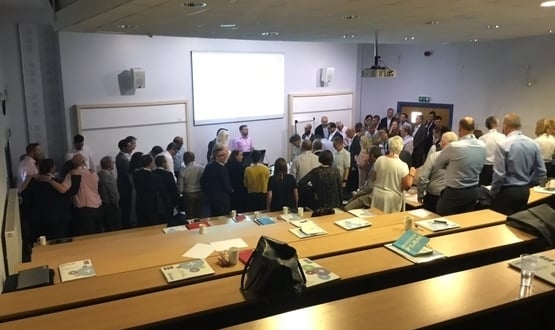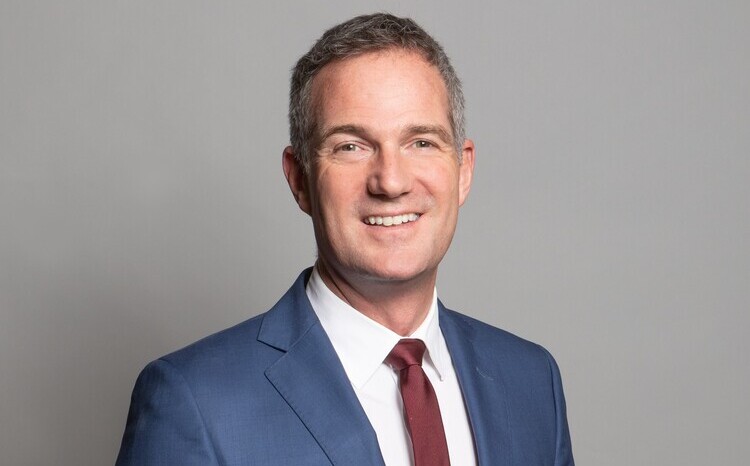What are the keys to success for ‘Leadership of adaptive systems’?
- 21 July 2017

At the CIO Summer School, University of Manchester, last week Rachel Dunscombe, David Haider and Ian Pettigrew ran a workshop examining the keys to leadership of adaptive systems, a key theme of the Wachter Review
Workshop leads
Rachel Dunscombe, CIO, Salford Royal Hospital NHS Foundation Trust
David Haider, consultant acute physician and CCIO, Royal Bolton Hospital
Ian Pettigrew, digital leadership programme lead, Salford Royal Hospital NHS Foundation Trust and Kingfisher Coaching
We had a highly interactive and participative session where we and the participants all worked to figure out the answers together. The key points:
1. We need to challenge accepted wisdom and push back on what we’re being asked to do

Without giving away the secrets of the ice-breaker, we explored how we can all get lulled into ‘group think’, how we can sometimes be afraid to challenge, and how we can inadvertently end up being encouraged down the wrong path. We need to challenge more and speak up with what might seem like strange/disruptive ideas.
2. We need to speak the truth with positive intent

We explored Ian Pettigrew’s model of compassionate truth – above – looking at how real feedback (an essential of individual and organisational improvement) is often lacking and how there can be too much ‘cowardice’ so that what needs to be said doesn’t get said. Sometimes people bottle up things until they can’t take any more and it comes across as rudeness, or they try the silent treatment and people are supposed to figure out what it wrong. The answer is simple; speak the truth with positive intent.
3. There are some essential leadership behaviours
In a highly interactive session, we created space to explore a few different perspectives. Through taking an external perspective, and then looking back from a future perspective we identified some key leadership behaviours:




Why did we choose this collaborative approach to the whole session? Because we believe that it is much more engaging that showing lots of slides with bullet points and, whilst there were insights that we wanted to share, we believe that the participants are the real experts in their context and so it was essential that we simply helped them to take a different perspective and figure out some answers for themselves.






